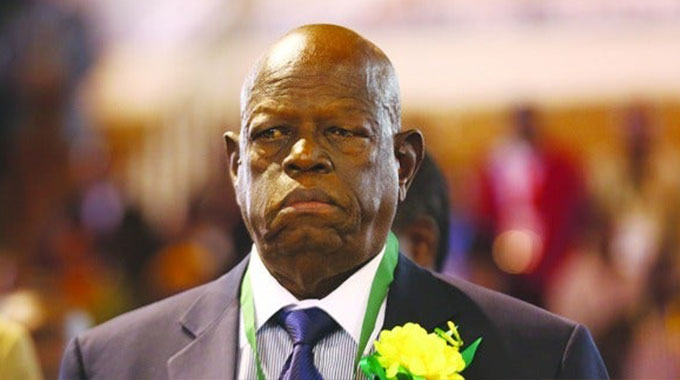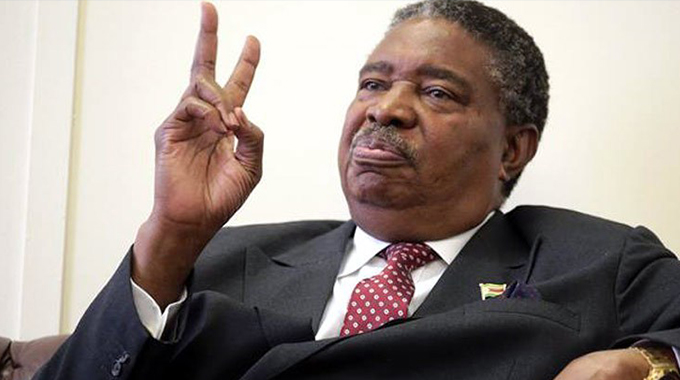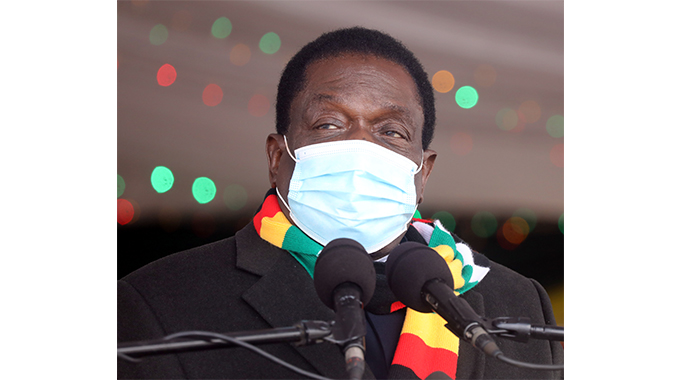Tactical, intelligent diplomacy amplified the liberation struggle

Nqobile Tshili, Chronicle Reporter
ZIMBABWE’S liberation struggle did not only thrive on weapons and numbers of foot soldiers but calculated and intelligent diplomacy as well.
Intense diplomatic effort was employed by the nationalist leaders to drum up support from strategic allies.
This saw the country’s liberation movement gaining support from countries such as Zambia, Mozambique, Cuba, China and then Union of Soviet Socialist Republics (USSR) among others.
These countries were instrumental in providing weapons, military training bases, scholarships for several cadres and other critical needs to oil the struggle for independence.
Countries such as Zambia, Angola, Algeria, Mozambique and Tanzania provided training camps to both Zimbabwe People’s Revolutionary Army (Zipra) and the Zimbabwe African National Liberation Army (Zanla) who collectively fought and defeated the Rhodesian settler regime, culminating in Independence in April 1980.

Retired Colonel Tshinga Dube
Other countries such as Botswana became a safe passage for gallant sons and daughters of Zimbabwe who were joining the liberation struggle.
Through diplomacy, a number of countries directly or indirectly contributed to Zimbabwe’s liberation and training of skilled personnel in preparation for governance roles after independence, said liberation stalwart Retired Colonel Tshinga Dube in an interview.
“The war was fought on many fronts, it was a protracted struggle. During the war our leaders chose diplomacy and sent party representatives to various countries.
“In Mozambique we had Report Mphoko (former Vice President Phelekezela) we had Joseph Dube in Finland, we had Jack Ngwenya in Finland, I was in USSR myself,” said Rtd Col Dube.
“It was about sensitising the people in those countries to make them know what was going on in our country. At the same time, it was important to source material support from all these countries that I’m mentioning. So, we were given everything from underwear to jackets.”

Former Vice President Phelekezela Mphoko
He said diplomacy was deliberately laced with propaganda to present the situation in the country as desperately in need of need of external interventions.
“Propaganda was important as it was meant to tell the people what we are fighting for and convince the people who do not know our struggle,” said Rtd Col Dube, a former CEO of Zimbabwe Defence Industries.
“For instance, we were saying all our land was taken by the British. They pushed us into the mountains, we are starving because we cannot grow anything but of course people were eating but you must make people believe that you are actually squeezed, suffocated and you need to get out of that. That is the work of propaganda in war.”
Rtd Col Dube said diplomacy and propaganda were not only aimed at foreign countries to support the struggle but to convince locals to join the liberation war.
He said members of the public were being psyched and made to believe that freedom fighters were winning hence it was easy to lure many youths to participate in the struggle.
For instance, the late national heroine Cde Jane Ngwenya became the voice from the wilderness, which was instrumental in recruiting youths into joining the liberation struggle through her broadcast from Zambia.

The late Cde Jane Ngwenya
Rtd Col Dube it was because of such efforts that after a protracted struggle through diplomacy and battle fights both the nationalists and the Smith Regime in 1979 sat down to bring an end to the war and independence to Zimbabwe.
“After a long struggle it was decided that we go to Lancaster House to discuss. Most wars end up on the round table. But ours was brought about by the fact that they (Smith Regime) had actually realised that we were too powerful for them,” he said.
“So, they decided that it would be better for them to end the war on negotiations because if we fought right to taking the Milton Building in Harare, they wouldn’t have anything as we would take everything. So, diplomacy, propaganda and psychological warfare all assist the war to progress very well.”
Rtd Col Dube said Zimbabwe observed the Lancaster House negotiations, which included the integration of former Zipra, Zanla and Rhodesian Forces into the country’s Zimbabwe Defence Forces.
“At the same time, we had to discuss the issue of land that for 10 years we should not disturb the land even those whites who had taken a lot of land, we should not touch them but after 10 years we will introduce the willing buyer willing seller. Those who wanted to sell their land could do so and those who wanted to buy land could do so,” he said.
“We also agreed that we would write a constitution but to start off we had to use the Rhodesian Constitution and later on after 10 years we would write our constitution, which as we know was done in 2013.”
Rtd Col Dube said it was disheartening that while some freedom fighters lost their lives fighting for one man one vote, youths today have to be incentivised to register as voters.
“It’s very sad because the slogan that we fought for was one man one vote. We left our comrades in the bushes and in the rivers eaten by crocodiles as we were fighting for this one man one vote and liberated the country,” he said.
“Young people don’t want to participate in electoral processes, it means they are ignorant and must be taught. If you don’t vote it means you have no voice in Government, you don’t choose leaders and all this is sad,” said Rtd Col Dube.–@nqotshili











Comments